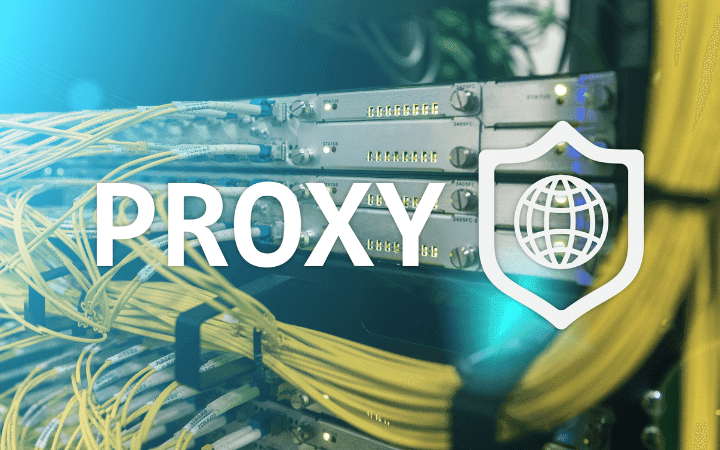What Are The Advantages Of The Private Cloud?

The main benefits of the private cloud are linked to the fact that this technology can be customized according to the characteristics of your business.
Understand them:
- increased data security;
- better level of environment reliability;
- extensive control of internal servers and their resources;
- flexibility to adapt to the company’s way of working;
- possibility of using legacy resources (already used by the business) to maintain the cloud itself;
- exclusivity in support, making possible failures identified and corrected more quickly.
Protection is one of the hallmarks of private clouds, as user-installed tools typically run workloads. But this also makes the level of protection dependent on its security capability.
Public Cloud
A public cloud operates in a shared virtual environment among many users. This is the most popular type on the market. It is more suitable for making software (SaaS) available and allows for a more simplified expansion of the storage capacity delivered to contractors.
Here, no hardware or infrastructure is built especially for a business, making it impossible to customize the service. However, public clouds are generally cheaper, as the company only pays for the capacity it will use, while the server covers hardware, maintenance, bandwidth, and application costs.
The Benefits Of The Public Cloud
The main benefit is that the company can gain technological power without investing in a robust IT infrastructure. The other advantages are:
- easy scalability;
- easily controlled costs;
- speed in the availability of resources;
- more excellent reliability on available servers;
- lower prices than a private cloud model.
Be aware that these clouds tend to be more vulnerable to threats because of their multi-tenancy and many access points. In addition, protection responsibilities are typically divided: infrastructure security is usually the provider’s responsibility, and the workload is the tenant’s responsibility.
Hybrid Cloud
Finally, the hybrid cloud is a junction between private and public, and its main objective is to extract the best of both types, meeting the needs of the company as much as possible. In practice, it works with exclusive servers to ensure the storage of the most critical data (such as sensitive ones). Still, they also provide shared systems to store less sensitive information.
This alternative provides a high degree of data security at lower costs, as not all files will be kept on specially protected servers. Thus, the monthly fee is flexible and becomes more viable for small and medium-sized businesses and maximizes the cost-effectiveness of the cloud.
What Are The Benefits Of A Hybrid Cloud?
In general, the hybrid cloud adds the advantages of public and private, but among the most notable are:
- feasibility to switch between public and private cloud models;
- easy migration and adoption of technology by the team;
- greater security of sensitive data;
- scalability and flexibility;
- better cost management;
- extensive technical control.
Public, Private, And Hybrid Cloud. Which To Choose?
Choosing between private, public, and hybrid cloud will depend on your business needs. A private cloud is ideal when the company manages sensitive data, performs many financial transactions, and has a rigorous control culture.
If the volume and fluctuating demands are huge regarding the enterprise workloads, the organization will leverage more from a public cloud. When the workload works with more predictable patterns, they are better suited for a private cloud.
On the other hand, hybrid clouds are composed of the best features of public and private environments and encompass all load options or ways of working, and can be hosted anywhere. In short, the different applications can be on-premise (installed on local computers) or (accessed in the cloud), making the entire environment completely personalized.
Hybrids are usually chosen by businesses that already have an excellent internal infrastructure but also want to enjoy the benefits of the public model — especially SaaS.
Some organizations adopt these clouds to fulfill business requirements and meet regulatory requirements. Imagine that you collect a lot of sensitive data from your customers, employees, partners, and other people; in this scenario, it is essential to hire a private cloud system to store this relevant information and thus ensure compliance with the GDPR.
So that you know if your business will take better advantage of a private, public, or hybrid cloud, it is essential to know in detail the characteristics and demands of your company. However, you will also need a competent company that will provide all the necessary support for the successful migration. Otherwise, your organization will not reap the full benefits of technology.
Also Read: Cloud: Digitizing Companies To The Cloud






